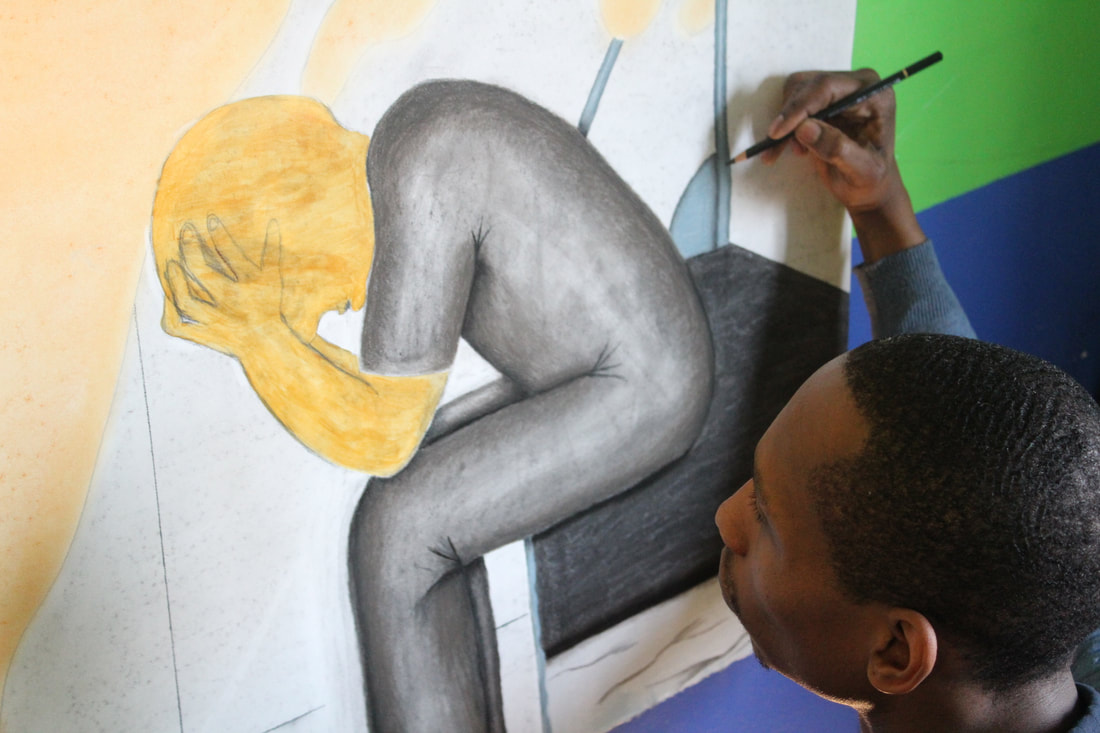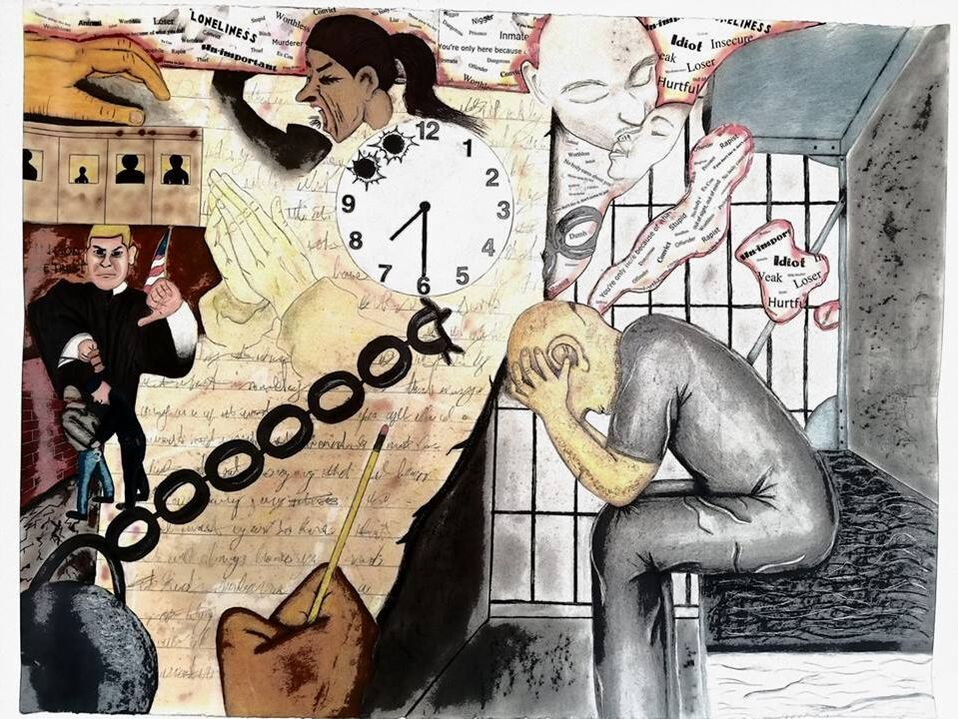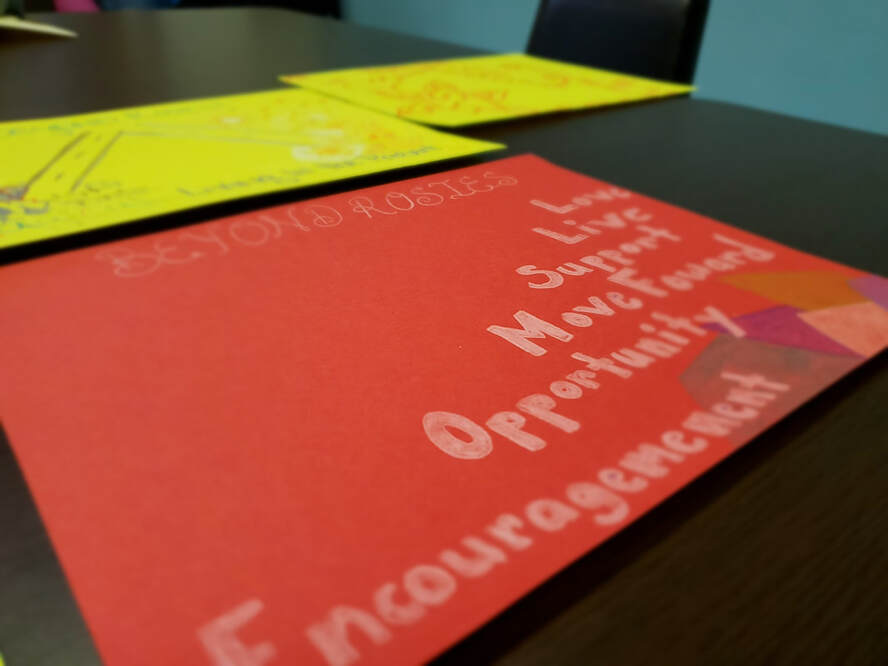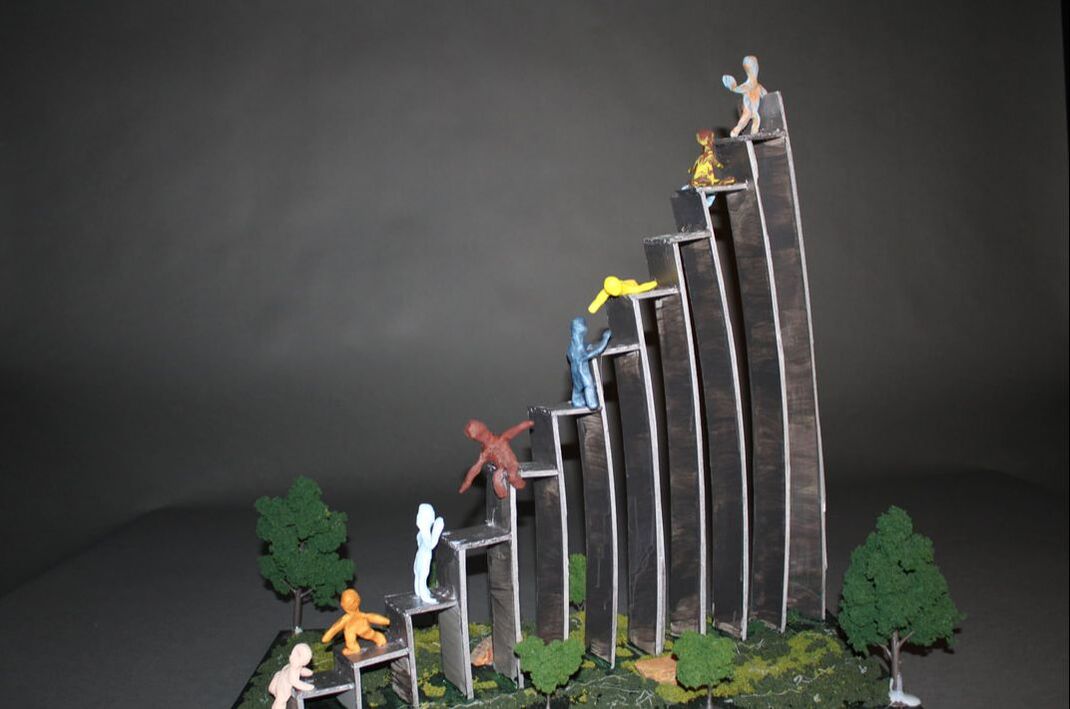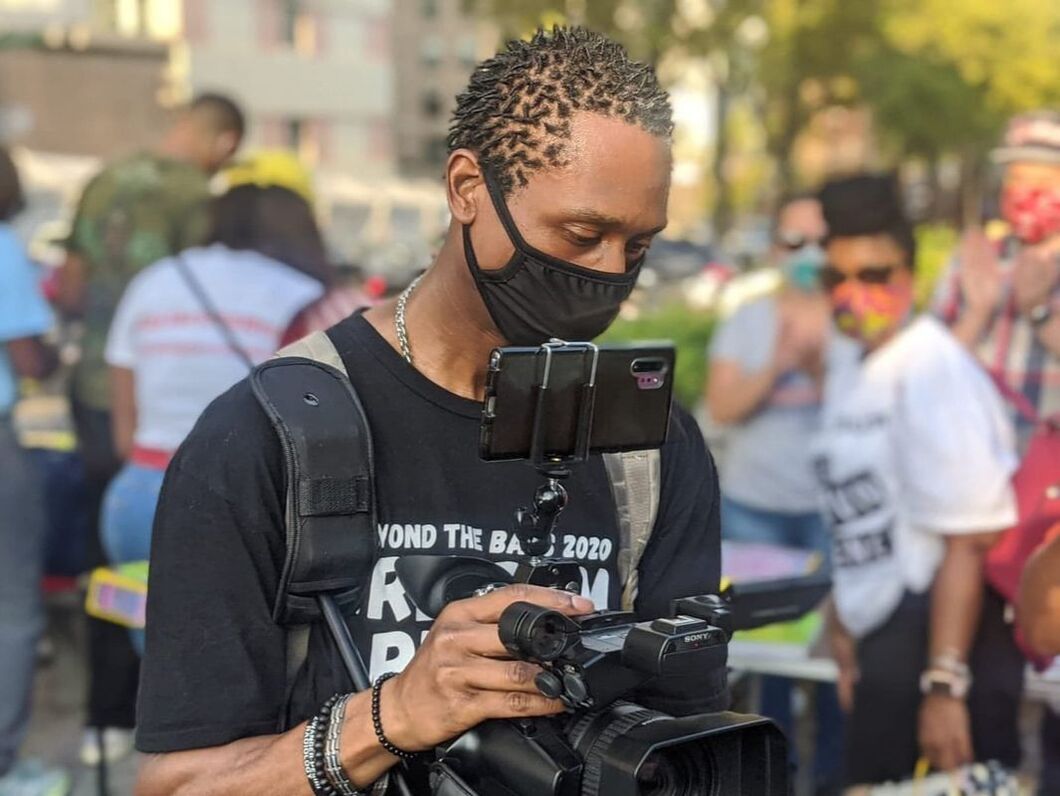VISUAL ART EXHIBITIONS
Through research I've found that widespread pejorative labels and depictions of individuals impacted by the criminal justice system—in real-life and the media—dehumanize incarcerated populations. This dehumanization contributes to punitive attitudes, abusive penal policies, physical and sexual abuse of prisoners, general desensitization to such abuse and reluctance to societal reintegration of formerly incarcerated individuals. The role of popular media in dehumanizing people in the criminal justice system undeniably influences the general public’s pervasive negative perception of those incarcerated. This negative misperception of prisoners actually encourages the public’s willingness to legitimize or ignore prison injustices and to countenance the dehumanization of people in prison..
When it comes to creating more informed and culturally inclusive policies, the role of the arts in the social justice landscape cannot continue to be minimized to supplemental involvements, which only feature artistic activities as a secondary option for social engagement. Instead, art should be in every change agent’s toolbox as a means to change perception, build relationships, and foster action. -Pastor Isaac Scott
When it comes to creating more informed and culturally inclusive policies, the role of the arts in the social justice landscape cannot continue to be minimized to supplemental involvements, which only feature artistic activities as a secondary option for social engagement. Instead, art should be in every change agent’s toolbox as a means to change perception, build relationships, and foster action. -Pastor Isaac Scott
THE BECOMING
JAWS OF PRISON
REDEMPTION
COMMUNITY COLLABORATIVE
SERVICE MONUMENT
|
© 2020 Isaac's Quarterly LLC. The images, pictures, and videos on this website are copyrighted and may not be downloaded or reproduced. These materials may be used only for Educational Purposes. They include extracts of copyright works copied under copyright licences. You may not copy or distribute any part of this material to any other person. Where the material is provided to you in electronic format you may download or print from it for your own use, but not for redistribution. You may not download or make a further copy for any other purpose. Failure to comply with the terms of this warning may expose you to legal action for copyright infringement and/or disciplinary action by Isaac's Quarterly LLC.
|
|
|
Follow Isaac's Quarterly on Social Media
|
